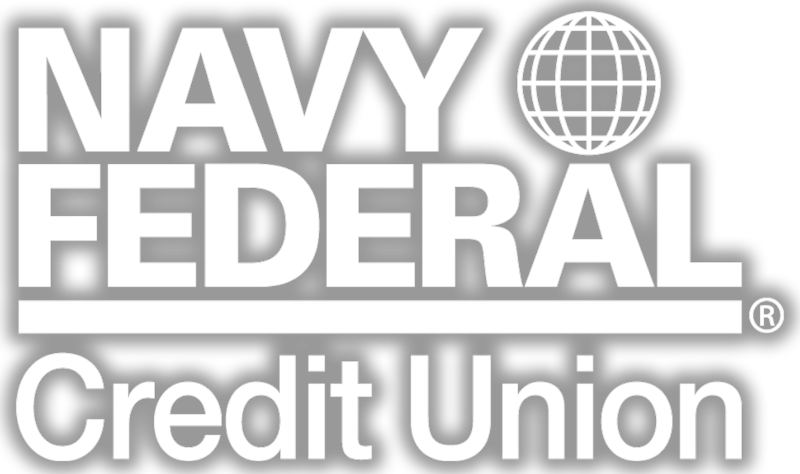A new year brings new opportunities, and if your goal is to improve your finances in 2018, you’re in luck.
Before you sail off toward a lofty goal, take a moment to get your bearings. That means understanding how the economy affects your financial decisions.
“Next year will mean big opportunities for those ready to grab them,” said Navy Federal’s Corporate Economist, Robert Frick. “When the status quo changes sometimes we’re asleep at the switch, and the key to success in 2018 will be recognizing when to take advantage of economic shifts.”
Frick calls out four things to keep on your radar: car prices, wages, housing and interest rates.
Buying a car
Used car prices have been falling for a couple years now, and that trend should continue in 2018, making it a good time to get a deal on a car. The main reason: “the absolute flood of off-lease vehicles coming to market,” Frick said. Last year about 3.5 million late-model, off-lease vehicles found their way onto dealer lots, and next year that number will rise to 4 million.
Not only will that make used-car prices more affordable, it should also act to hold down new-car prices, he said. The one exception, unfortunately, will be trucks and SUVs. “The demand for those remains so high that prices will remain high as well.”
If you are on the market for a car, and you find the car you’re looking for at a great price, steer clear of high interest rate loans. Too often we fixate on the monthly payment and don’t shop for a good rate. “Be armed with the lowest rate your bank or credit union can provide before you step onto the car lot,” said Frick.
Raise Your Expectations
Wage growth has been relatively low for several years, but that could change. Raises now are starting to spread more evenly up and down the wage scale, and as the labor market tightens, more wages should increase. “Many regions of the country haven’t seen significant wage growth in years, so bigger paychecks will come as a welcome surprise to millions of workers,” Frick said.
But to get a bigger paycheck, some workers may need to switch employers. That means monitoring the job market, networking and being prepared to move, if necessary.
Housing
Moving these days isn’t easy, though. In fact, relocating is at an historic low in our country, and a major factor is a tight housing market that means fewer, increasingly expensive homes on the market. “Rental rates are no bargain in many parts of the country, either,” said Frick.
However, mortgage rates are still relatively low. To be competitive, house hunters need to get pre-qualified for a mortgage, and be primed to act quickly. And given rising home prices, it may also mean buying a cheaper house that needs some investment and sweat equity to bring it up to your standards.
The interest rate on fixed-rate mortgages will probably stay relatively low throughout 2018, but other rates will be rising, Frick said. That’s because the country’s central bank, the Federal Reserve, will continue to hike its benchmark federal funds rate. Analysts predict two to four hikes in 2018, each 0.25 percentage points.
Rising Rates
Credit card debt is sensitive to Federal rate hikes, as are home equity lines of credit, auto loans and adjustable-rate mortgages. So, to hold down the amount you’ll pay in interest you’ll need to shop for better rates, and pay down debt as quickly as possible.
However, rising rates are also a bonus to savers. “As interest rates rise back to more normal levels, savings rates on money market and savings accounts, and on certificates of deposit, will rise along with them.”
Just as people need to be ready for car deals and landing better-paying jobs, they’ll also be rewarded more for shopping savings rates.
“The trick for all these is snapping out of the financial routines we’ve settled into for years, and be primed to take advantage of 2018,” Frick said.
You may also like:
• Get on track with your financial goals
• The 7-Step Manual to Purchasing a Home
• From boots to brass with your savings






